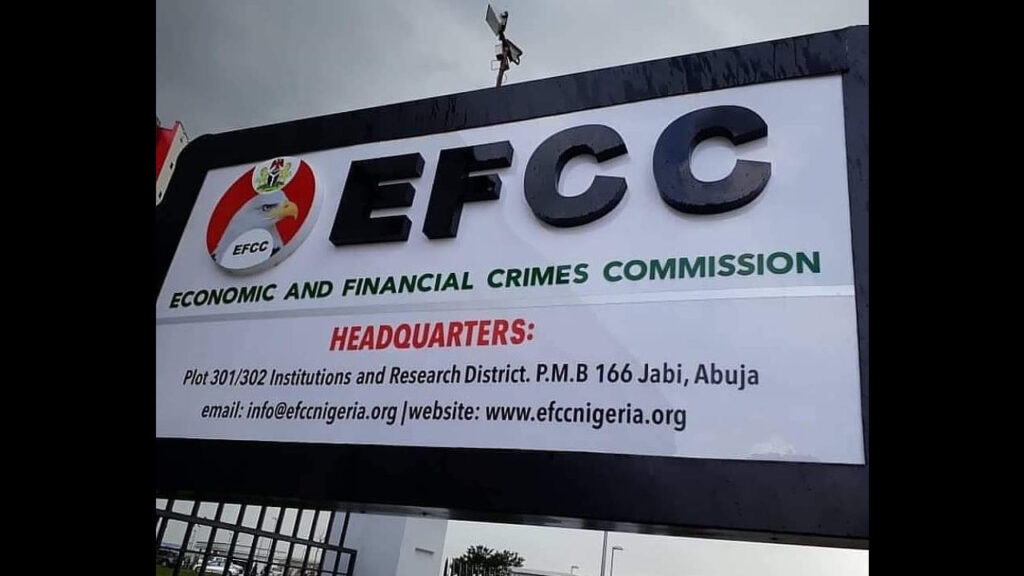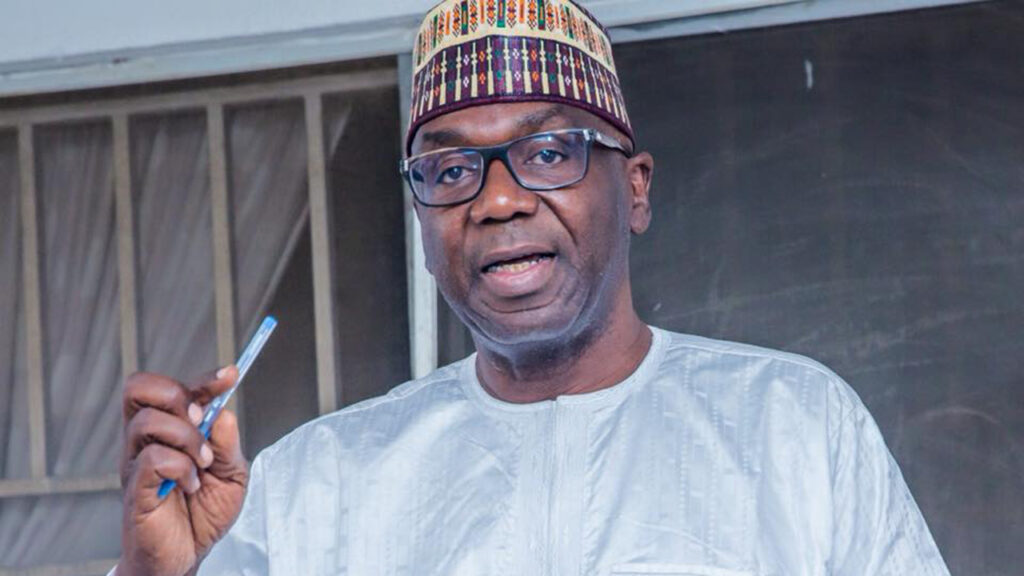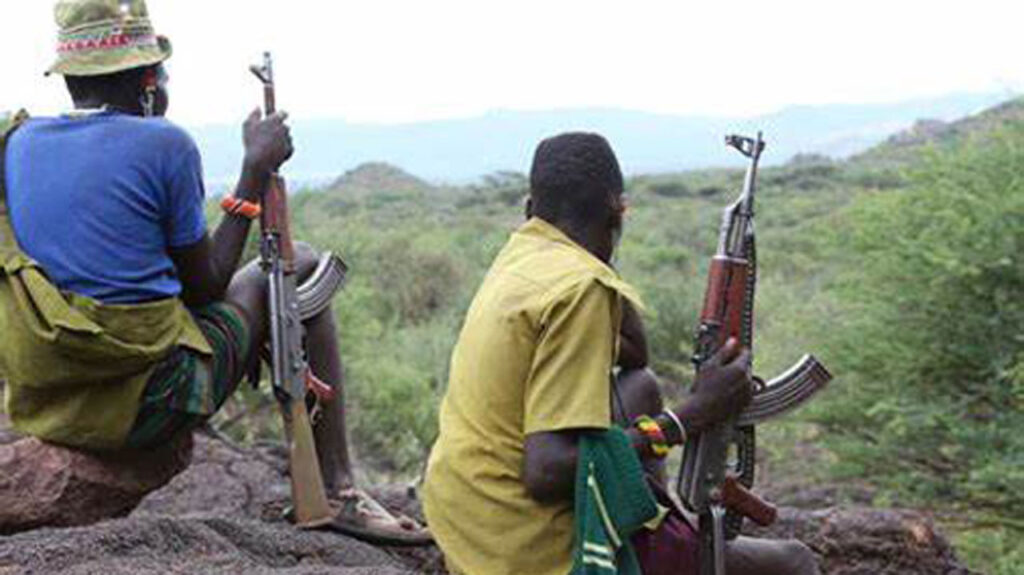
In a bid to further encourage civic engagement and good governance among African youths, the Foreign Press Center (FPC) of the United States Department of State, today, kick-started an International Reporting Tour (IRT), with the theme, ‘Leaders of Today and Tomorrow: An Exploration of Youth Activism and Empowerment,’ billed to hold till August 3.
The FPC organises regular press tours around key policy themes and aspects of American society, culture and politics, designed for resident foreign media in the U.S. as well as select international journalists.
Participants drawn from all over Africa, including Nigeria, will gather today in Washington, DC, where they will explore the official relationship between the United States and African countries. They will then travel to Memphis to meet with young leaders and programmes supporting the development of young leaders in fields such as good governance, civic society development and food insecurity.
The tour will end in Missoula, Montana, where participants will see youth activism in fields such as environmental justice, economic prosperity, and public health.
African youths, especially in Nigeria, have been at the forefront of activism and the call for better governance in the last couple of years and while these calls have wide-ranging objectives, the core message remains the urgent need to ensure opportunities to assume their role in society, get a seat at decision making tables and demand for a better future for themselves and the unborn generation.
Asides very high unemployment numbers across Africa, many young people, especially in Nigeria, face difficulty in accessing the right channels for civic participation, which often do not address or represent their needs. Youth engagement in public life has direct economic, political, social and cultural implications, and studies show positive interrelationship between active citizen engagement and economic outcomes, particularly for young people who are not in education, employment, or training.
It is estimated that greater opportunity for participation in community and political processes at local and national levels reduce youth inactivity by more than half and without the establishment of inclusive institutions; formal institutions for political engagement will continue to marginalise youths from participating in civic engagement and discourage young people from actively engaging and participating in their communities.
Topics of engagement during the tour would include youths supporting democratic development, taking part in civic engagement, advocating for social justice and explore what social justice, crisis climate and democracy in action look like in America. Others include, understanding of the United States cultural diversity, civic engagement and values, highlighting U.S.-African partnerships, exploring good governance/democratic strengths, engaging community food security in action, exploring diverse views of environmental protection/combating climate change and discussing inclusive economic prosperity.
With about 15 journalists, including The Guardian, participating this year, the tour’s focus would be highlighting U.S’. partnership with Africa and the role young people play in civil society. While also exploring the power of youth civic engagement and highlighting key themes of bilateral engagement spelled out during last year’s U.S.-Africa Leaders’ Summit; participants would also have the opportunity to engage with other journalists from around the world, network with key decision-makers and gain a deeper understanding of various global issues.
Participants in the IRT will produce stories highlighting the power of young people to create a prosperous and productive future. Interview subjects will also expound upon key U.S. priorities in Africa including good governance, food insecurity and promotion of tolerance and diversity.











